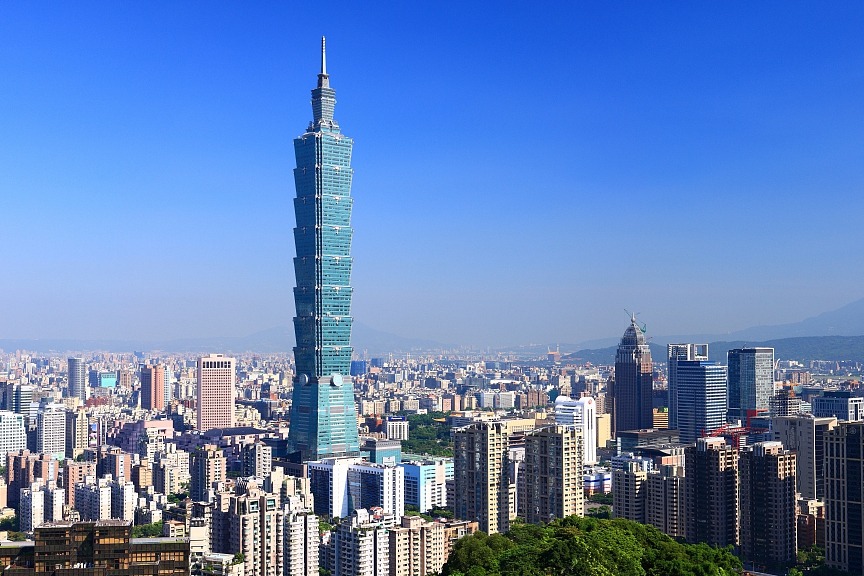By playing with fire on Taiwan, US quite likely to burn itself


US National Security Adviser John Bolton's meeting with Taiwan "security apparatus chief" David Tawei Lee a few days ago is a serious breach of the Sino-US consensus on the one-China principle, which the two sides reached in 1979 when Beijing and Washington established diplomatic relations.
The fact that there is only one China has been accepted by almost all countries, including the United States. The United Nations, on its part, officially replaced Taiwan with Beijing as the sole legitimate representative of China in 1971.
Taiwan has been an integral part of China since ancient times.
Japan invaded Taiwan in the late 19th century and controlled it for half a century. But the island reverted to China in 1945 thanks to China's heroic efforts and its allies' consistent support. China's victory in, and contribution to the success of, the anti-fascist war helped it to become one of the five permanent members of the UN Security Council.
Indeed, the US played a role in the return of Taiwan to China, with China appreciating the US' efforts. But Washington changed its position on Taiwan after the Korean War (1950-53), claiming that "Taiwan's status is uncertain", pending upon the resolution of the Korean War. The US' ambiguous stance on the status of Taiwan is unprincipled, and has invited opposition across the Taiwan Straits.
It was the aggressive policy of the Soviet Union that somehow made the US once again adhere to the one-China policy.
Former US president Richard Nixon visited Beijing in early 1972, paving the way for cooperation and collaboration between Beijing and Washington. In 1979, the two sides established diplomatic relations on the understanding that the US would sever official ties with Taiwan; US armed forces would leave Taiwan; and Washington and Taipei would end their so-called mutual defense agreement.
All these helped build the foundation of Sino-US diplomatic relations. Washington and Taipei still maintain unofficial relations as part of the US' one-China policy, though.
The incumbent US administration has as its members many Cold War-style confrontationist hawks who are keen on sabotaging the long-established principle of one-China and weaken the basis of Sino-US relations.
Also, some pro-Taiwan elements in the US Congress have become emboldened to give political and military support to Taiwan even at the risk of jeopardizing Sino-US relations.
The Congress has passed new laws to provide security for Taiwan, challenging China's sovereignty over the island. Worse, Bolton has chosen to defy the one-China principle by meeting with a senior Taiwan security official.
Bolton's action not only violates the one-China policy the US has pledged to adhere to, but also infringes upon the sovereignty of China. Bolton, rather the entire US administration, should realize that confrontation will serve neither side's interest. And therefore, the US administration should honor in letter and spirit the three communiques signed by Beijing and Washington since they restored their diplomatic relationship 40 years ago.
The author is a professor at the Institute of International Studies, Fudan University. The views don't necessarily represent those of China Daily.


































